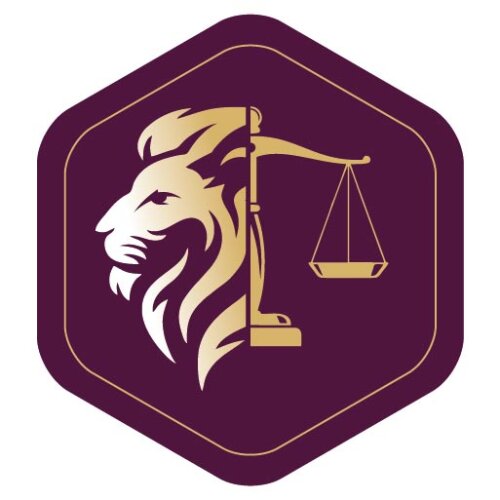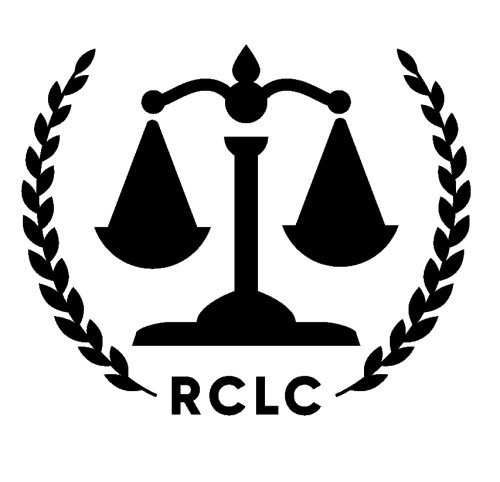Best Asylum Lawyers in Zimbabwe
Share your needs with us, get contacted by law firms.
Free. Takes 2 min.
Or refine your search by selecting a city:
List of the best lawyers in Zimbabwe
About Asylum Law in Zimbabwe:
Asylum in Zimbabwe is a legal protection granted to individuals who have fled their home country due to fear of persecution based on their race, religion, nationality, political opinion, or social group. The process of seeking asylum involves applying to the government for protection and proving that you meet the criteria for refugee status.
Why You May Need a Lawyer:
Seeking asylum can be a complex and challenging process, requiring specialized legal knowledge and expertise. A lawyer can help you understand your rights, navigate the asylum application process, gather necessary evidence to support your case, and represent you in court if necessary. Having a lawyer on your side can greatly increase your chances of successfully receiving asylum.
Local Laws Overview:
In Zimbabwe, the Constitution recognizes the right to seek asylum and prohibits the extradition of individuals who have been granted asylum. The Refugee Act provides the legal framework for granting asylum in Zimbabwe, outlining the rights and obligations of refugees. It is important to familiarize yourself with these laws if you are seeking asylum in the country.
Frequently Asked Questions:
1. What is the difference between asylum and refugee status?
Asylum is a form of protection granted to individuals who are already present in the country, while refugee status is granted to individuals who apply for protection while still outside the country of origin.
2. How do I apply for asylum in Zimbabwe?
To apply for asylum in Zimbabwe, you must submit an application to the Ministry of Home Affairs and Cultural Heritage. You will need to provide information about your reasons for seeking asylum and any supporting documents.
3. What rights do refugees have in Zimbabwe?
Refugees in Zimbabwe have the right to work, access education and healthcare, and freedom of movement. They are also protected from deportation to their home country.
4. Can my asylum application be denied?
Yes, your asylum application can be denied if the authorities do not believe that you meet the criteria for refugee status. If your application is denied, you have the right to appeal the decision.
5. How long does the asylum process take in Zimbabwe?
The asylum process in Zimbabwe can vary in length, but it typically takes several months to a year to receive a decision on your application.
6. Can I work while my asylum application is being processed?
Yes, refugees in Zimbabwe have the right to work while their asylum application is being processed. You will need to obtain a work permit from the Ministry of Home Affairs.
7. What happens if my asylum application is approved?
If your asylum application is approved, you will be granted refugee status and will have the right to live and work in Zimbabwe. You may also be eligible for assistance from the United Nations High Commissioner for Refugees (UNHCR).
8. Can I apply for asylum on behalf of my family members?
Yes, you can include your family members in your asylum application if they are also at risk of persecution in your home country. Each family member will need to submit a separate application.
9. What is the role of a lawyer in the asylum process?
A lawyer can help you prepare and submit your asylum application, represent you in interviews and hearings, and advocate on your behalf to ensure your rights are protected throughout the process. They can also help you navigate the legal system and understand your options.
10. How can I find a lawyer to help with my asylum application?
You can contact the Law Society of Zimbabwe for a list of qualified lawyers who specialize in asylum and refugee law. You can also reach out to local organizations and non-governmental organizations that provide legal assistance to refugees.
Additional Resources:
For additional information and support related to asylum in Zimbabwe, you can contact the United Nations High Commissioner for Refugees (UNHCR), the Zimbabwe Lawyers for Human Rights, and the International Organization for Migration (IOM).
Next Steps:
If you are in need of legal assistance for your asylum application in Zimbabwe, it is important to consult with a qualified lawyer who can guide you through the process and advocate on your behalf. Contact the Law Society of Zimbabwe or local organizations specializing in refugee and asylum law for further assistance.
Lawzana helps you find the best lawyers and law firms in Zimbabwe through a curated and pre-screened list of qualified legal professionals. Our platform offers rankings and detailed profiles of attorneys and law firms, allowing you to compare based on practice areas, including Asylum, experience, and client feedback.
Each profile includes a description of the firm's areas of practice, client reviews, team members and partners, year of establishment, spoken languages, office locations, contact information, social media presence, and any published articles or resources. Most firms on our platform speak English and are experienced in both local and international legal matters.
Get a quote from top-rated law firms in Zimbabwe — quickly, securely, and without unnecessary hassle.
Disclaimer:
The information provided on this page is for general informational purposes only and does not constitute legal advice. While we strive to ensure the accuracy and relevance of the content, legal information may change over time, and interpretations of the law can vary. You should always consult with a qualified legal professional for advice specific to your situation.
We disclaim all liability for actions taken or not taken based on the content of this page. If you believe any information is incorrect or outdated, please contact us, and we will review and update it where appropriate.
Browse asylum law firms by city in Zimbabwe
Refine your search by selecting a city.














